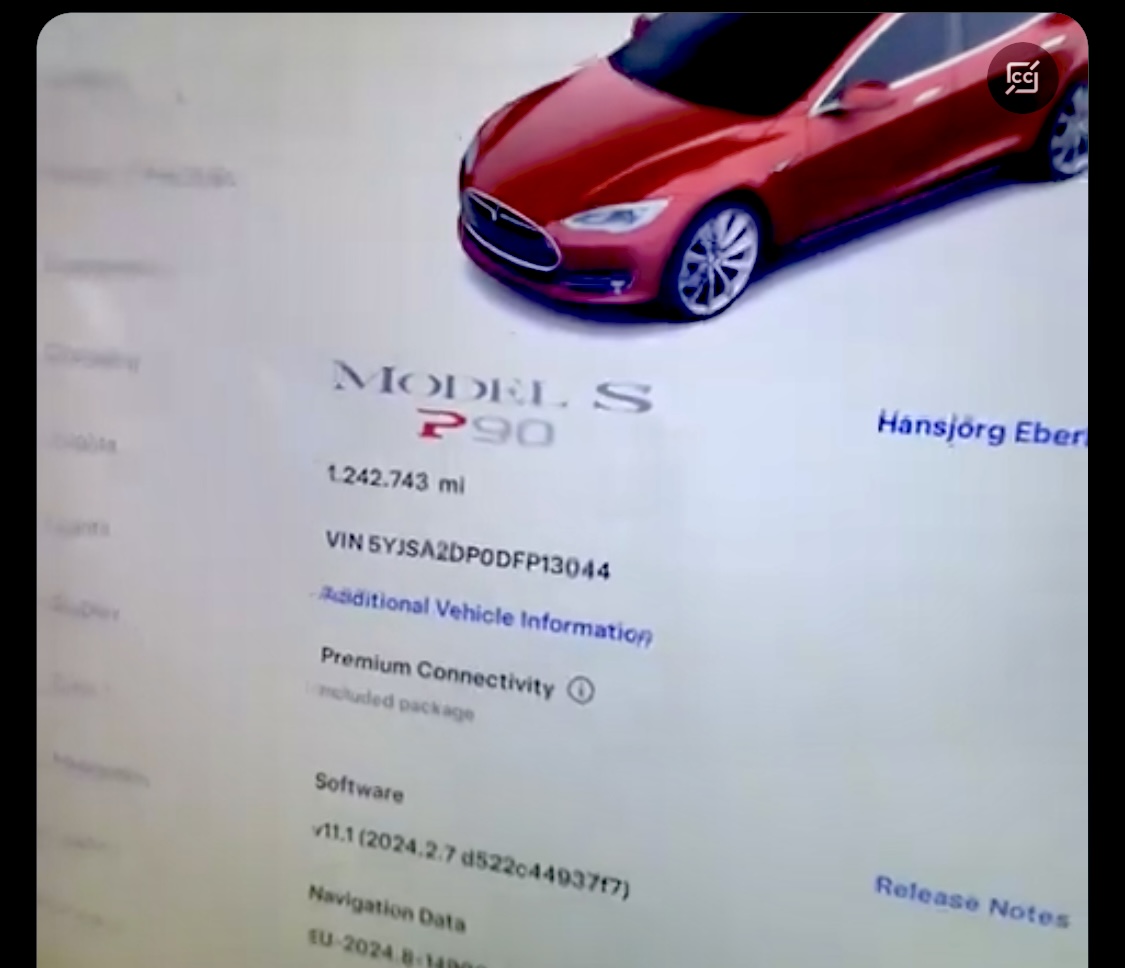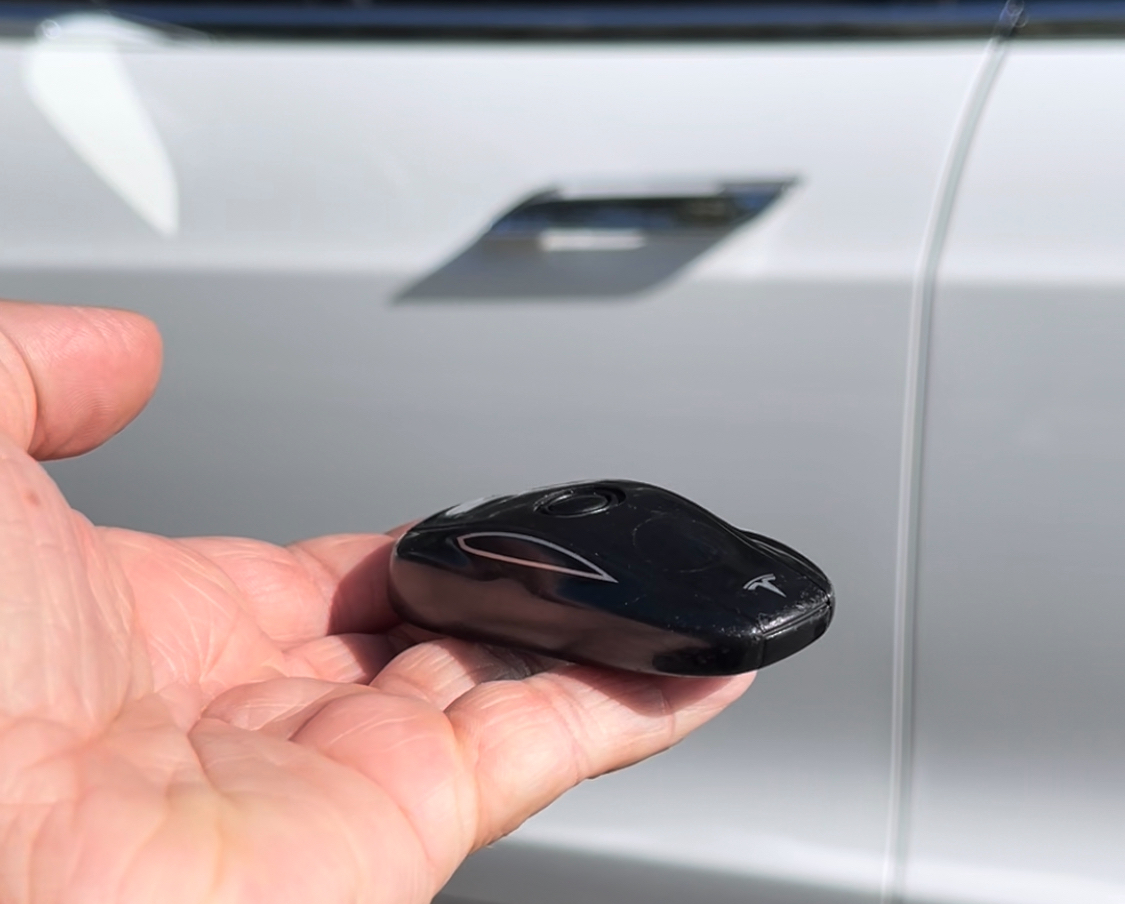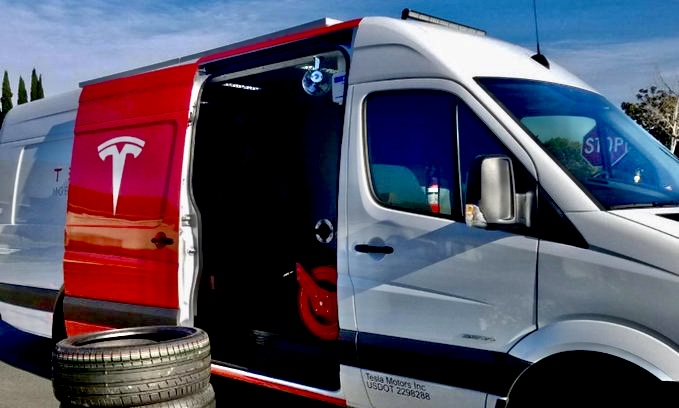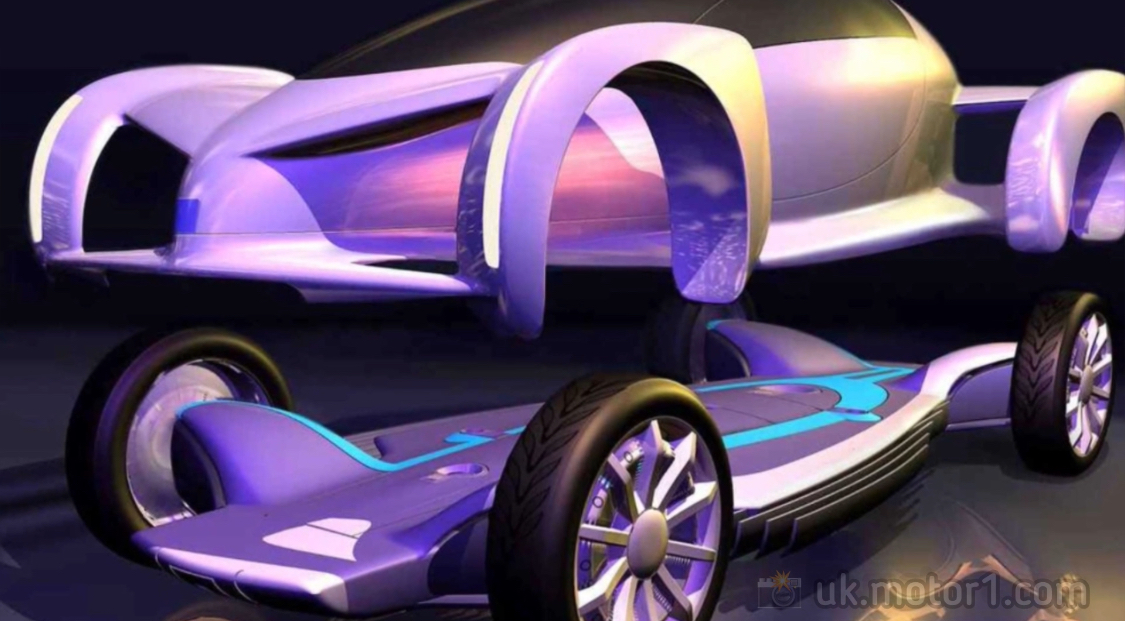Bust A Myth
Education Environment Information
7 Common EV Beliefs/ Truths
1. Belief: EVs have a short driving range and need constant charging.
Truth: While early EVs had limited driving ranges, today’s EVs can travel 300+ miles on a charge. Charging infrastructure is rapidly expanding and many charge their EVs at home. The fast-charging stations are growing exponentially.
2. Belief: EVs are more expensive than gas cars.
Truth: EVs may be more expensive upfront but in the long run they are cheaper to own & operate. EVs cost less to power and maintain and may qualify for tax credits or rebates. As battery tech improves and production scales up, the cost of EVs is expected to continue to decrease.
3. Belief: EVs are not as safe as gas-powered cars.
Truth: EVs undergo the same rigorous safety testing as gas cars and have the added benefit of a lower center of gravity due to the battery placement, which can improve stability and reduce the risk of rollover accidents. Additionally, EVs have a lower risk of catching fire.
4. Belief: EVs are not as convenient as gas cars.
Truth: EVs offer several conveniences that gas cars do not, such as the ability to charge at home. Additionally, EVs offer a smoother and quieter ride. There’s also regenerative braking and one-pedal driving.
5. Belief: EV batteries use rare or environmentally harmful materials.
Truth: While EV batteries do contain materials like lithium, cobalt, and nickel, there are efforts to reduce or eliminate their use. Additionally, many EV manufacturers are working to improve the sustainability of their supply chains by sourcing materials responsibly and investing in recycling/ reusing programs.
6. Belief: Producing EV batteries creates more emissions than producing gas/ diesel car batteries.
Truth: According to EPA.gov, “The greenhouse gas emissions associated with an electric vehicle over its lifetime are typically lower than those from an average gasoline-powered vehicle, even when accounting for manufacturing.” So, producing the batteries may create more emissions than an ICE; but over the life of the vehicle, even with manufacturing, EVs produce less emissions. Additionally, as the electricity grid continues to shift towards renewable sources, the emissions associated with producing EV batteries will continue to decrease.
7. Belief: EV batteries are not recyclable and create a waste problem.
Truth: While it is true that EV batteries eventually lose state-of-charge, they can be utilized in factories and even as power backup. Battery recycling startups and EV manufacturers have established recycling programs to recover valuable materials from used batteries.
Emphasizing the benefits of EVs can help shift the focus away from any perceived drawbacks. Education is key, share any EV info that you know!
Go electric ✌️
You must be logged in to post a comment.
You May Also Like
allEVehicles.com®, thatEVgirl® is a trademark of allEVehicles.com, Inc.
Designated trademarks and brands are the property of their respective owners.





There are no comments or questions yet.